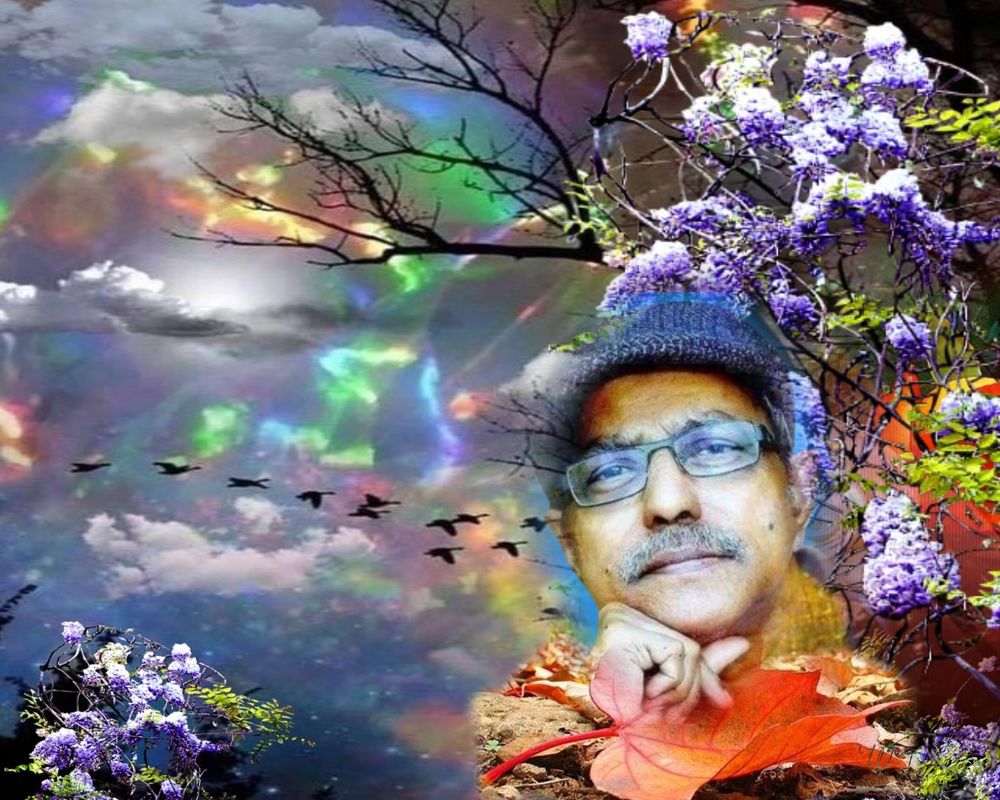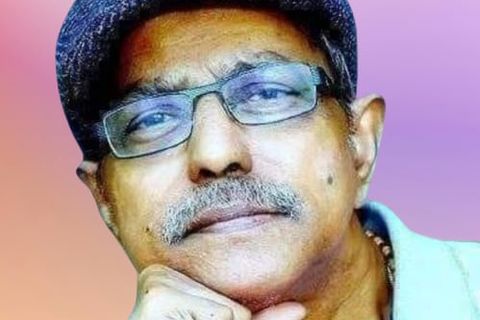UNSPOKEN SACRIFICES - STORY BY WILLIAMSJI MAVELI

UNSPOKEN SACRIFICES
When we bought good food for the house, my father never had any!
Until yesterday, I genuinely believed he simply didn't like it. While my wife, kids, and I devoured Al Faham and Shawarma, Dad would quietly eat the leftover rice and curry from lunch. It was just… normal.
The other day, my wife called as I was leaving the office, saying she couldn't find any fish and asked me to pick up something. My colleague, Ramenttan, rode along with me on his bike. Ramenttan, just months from retirement, was a seasoned mentor whose wisdom had always been invaluable to me.
We pulled up to a nearby restaurant, and I decided on Shawarma for the kids. As I ordered a full one, Ramenttan casually asked, "You have five people at home, don't you? Wouldn't you need another piece?" I chuckled. "Oh, Dad won't eat any of this, Ramentta. He prefers his simple Pazhanchoru and fish curry."
Ramenttan fell silent for a moment, then his next question hit me with an unexpected force: "Did your father ever tell you he doesn't like these things?"
I laughed it off, feeling a pang of defensiveness. "Ramentta, whenever I ask if he wants something, he always says no. It's not like I deliberately avoid buying it for him."
Then came the twist, a question that unravelled years of assumption: "You've asked if he wants it, but have you ever just said, 'Come on, Dad, let's eat together' and truly invited him?"
My mind went blank. I had never actually invited my father to eat with us.
Ramenttan saw my stunned silence. "Order another piece," he said, his voice soft but firm. "And tonight, when you get home, truly invite your father to eat."
I bought the extra piece, my mind a whirl of confusion and a strange, nascent guilt. At home, Dad was in his usual spot in front of the TV. The moment the kids heard "Shawarma," they were there with their plates, eyes gleaming. I took a deep breath. "Dad," I said, trying to keep my voice light, "come eat with us."
"Oh, no, I don't need any. I'll just have rice," he replied, just as I'd always expected.
But this time, I pushed. "Please, Dad, I bought an extra piece. It'll go to waste if you don't." Slowly, hesitantly, he rose and joined us at the table.
Watching him was like seeing a completely different person. He fumbled with the mayonnaise, unsure how to use the kuboos. My wife and children, with innocent enthusiasm, began to show him. He listened, his eyes wide with a childlike curiosity I'd never witnessed. As they guided him, and he took his first bite, a wave of emotion crashed over me. His face, usually so stoic, softened into a look of genuine pleasure.
My eyes welled up. It wasn't just the food; it was the shared experience, the connection I had denied him for so long. When the tears threatened to spill, I mumbled something about the spice being too much and rushed to the washbasin. My wife, concerned, asked why I'd gotten up halfway. "The chili went straight to my head!" I choked out, wiping my eyes.
That night, sleep was a distant luxury. The guilt was no longer a pang; it was a searing ache in my chest. All these years, I had seen my father eat the simplest meals while I indulged in rich, expensive dishes.
My mind replayed childhood memories: Dad, buying me biryani at hotels, then ordering only a basic meal for himself, sometimes just a cup of tea. On the rare occasions we had meat curry at home, bought perhaps once a month, I'd seen him eat just rice with the gravy, never the meat itself. He'd even told me he didn't like fish, and my child's mind had believed him. I, the son, had believed the lie, completely oblivious that my father, a mere porter, earned barely enough to survive. How could I have been so blind? If only my mother hadn't passed away so early; she would have instilled this understanding in me.
I, a father of two, had failed to understand my own father. The man who had never truly tasted good food in his life, who had sacrificed everything for his children, had eaten his meagre meals while I, his son, sat across from him, oblivious. What could I possibly do to erase this profound guilt?
This wasn't just about food. It was about unspoken sacrifices, about the quiet, immense love of parents who prioritize their children's desires above their own. My father's "I don't want it" wasn't a statement of preference; it was a profound act of selflessness, a hidden plea for me to have more.
We must never forget the countless sacrifices our parents make to raise us. They set aside their own dreams and preferences to fulfill ours. In the hustle and bustle of our lives, let's not overlook their subtle desires. They may not voice them directly, but it's our responsibility to understand and act.
The true climax wasn't just my father finally eating the Shawarma; it was the shattering realization that active love isn't just about providing, but about inviting, sharing, and truly seeing the unspoken needs of those who loved us first.
WILLIAMSJI MAVELI
Like 0 Pin it 0



